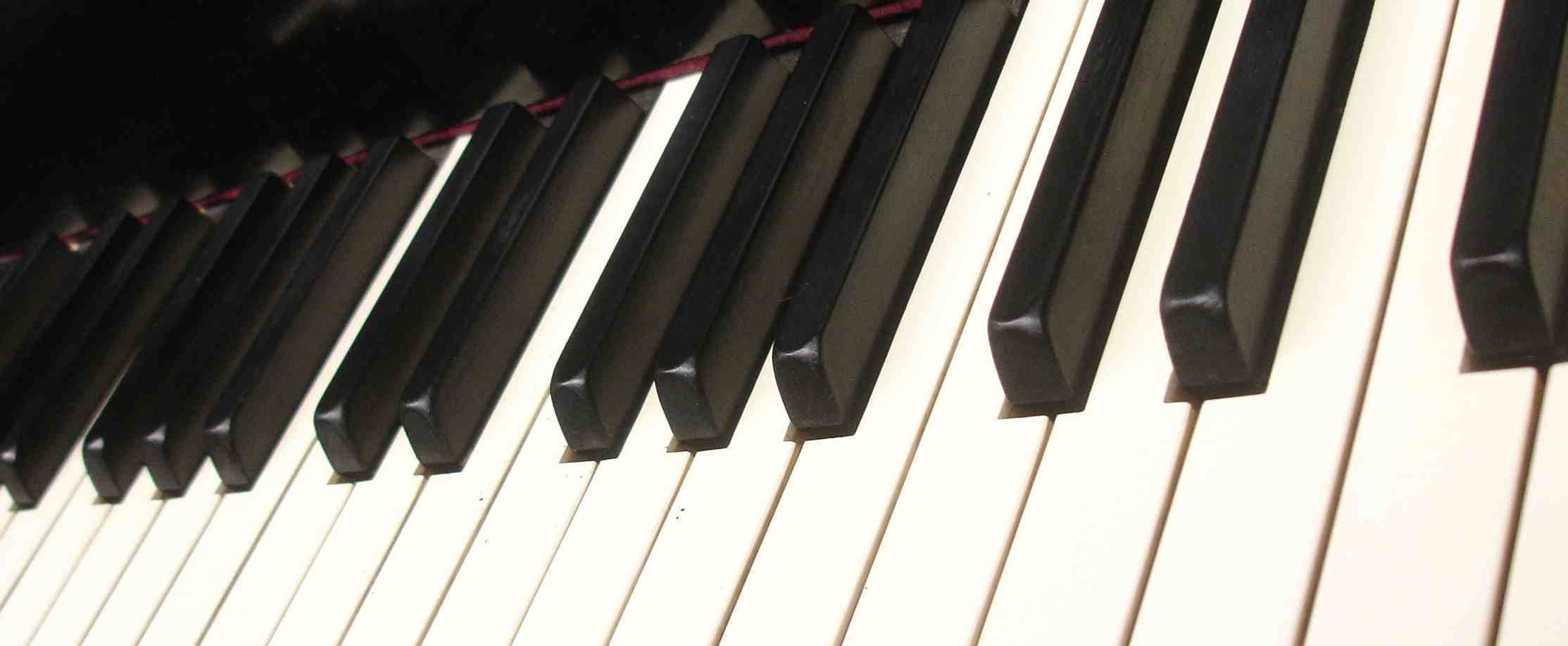Episodes

Friday May 27, 2022
0525 CHURCH POTLUCK FAIL
Friday May 27, 2022
Friday May 27, 2022
Remember how at the beginning of the letter to Corinth I said that the congregation was largely Gentile, and therefore many of the members were not familiar with the Jewish customs and standards? Well, one of the places that their ignorance is most demonstrated is in the matter of the church’s common meal.
The very first setting of the Lord’s Table was within the context of a common meal, the Passover Seder dinner. So it was common practice to have everyone share together in a meal, and to then consecrate a loaf and cup in remembrance of the Lord.
Our nation’s largely-Christian cultural heritage has treated Sunday as “the Lord’s Day,” which we treat as a day of rest. Of course, the Jewish Shabbat was also a day of rest, and it was the seventh day of the week, Saturday. So in our Judea-Christian culture, we actually take two days off every week, and call it a “weekend.”
Not so in the Jewish-and-pagan culture of early Rome. Saturday may have been a day of rest, at least among the Jewish members, but for both Jew and Gentile, Sunday was a regular work day. And a full day at that, especially for slaves and servants. Servants had to be up and preparing food for the family they served, and then they worked all day until sunset.
So, when did they have church gatherings, you ask? I’m glad you wanted to know. From early on, the church tended to have TWO separate meetings each Lord’s Day—one in the early morning, before the work day started at sunrise, and the other after the work day was over, after sunset.
Not only did they gather twice on Sundays for a morning service and an evening service—sound familiar?—but the purpose and actions were in each of the two gatherings also differed.
The early gathering was modeled after the synagogue, and was called the Synaxis. It was dedicated to the Word and to prayer. Scripture reading, prayer and instruction were the basic elements of the early morning gatherings, and visitors were encouraged to attend any given week.
The evening gatherings were for sharing a meal together, and they included the Lord’s Supper. The gathering was called the Eucharist (blessing. So-called because of the “cup of blessing” for which we give thanks. And while visitors were expected to attend the early morning Service of the Word and Prayer, the evening gatherings were specifically a Service of the Table, and it was only for the church members. Many churches even kept deacons at the doors in order to keep any blasphemers from bringing condemnation only themselves by taking the Lord’s Supper in an unworthy manner. As a result, what those Christians did during their meeting times was a mystery to most outsiders. Outsiders heard something about people eating the Body and Blood of Jesus, and the rumors began flying about cannibalism and incest (they talked about loving their brothers and sisters, and it sounded kind of creepy.
This the moment we are stepping into in verse 20: the evening gathering, for which there was no precedent among either Jews or Gentiles. A church potluck is very difficult to organize if everyone comes at a different time, just for starters. So the early arrivers decide to stop waiting for stragglers, and they go ahead and eat what they brought. Now the latecomers to the evening gathering did not have time to get their own food together, so they arrive late and go hungry. It is a recipe for disaster. Here’s what Paul says:
“So then, when you come together, it is not the Lord’s Supper you eat, for when you are eating, some of you go ahead with your own private suppers. As a result, one person remains hungry and another gets drunk. Don’t you have homes to eat and drink in? Or do you despise the church of God by humiliating those who have nothing? What shall I say to you? Shall I praise you? Certainly not in this matter!”
1 Corinthians 11:20-22 NIV
Good thing that in our generation you and I never meet thoughtlessly out of habit, huh?


Comments (0)
To leave or reply to comments, please download free Podbean or
No Comments
To leave or reply to comments,
please download free Podbean App.